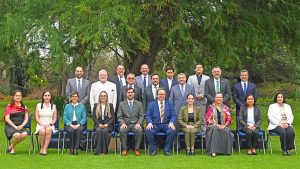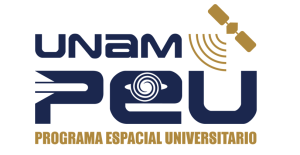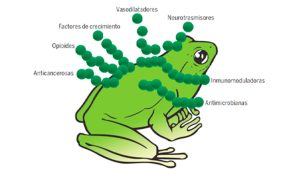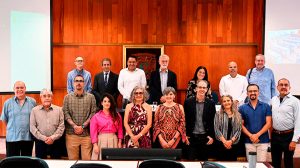AI in Language Teaching: Global Experts Discuss Its Impact
At the Second International Colloquium on “Uses of AI in Language and Culture Teaching,” specialists from various countries explored the impact of artificial intelligence (AI) on language education, addressing its limitations and the ethical standards required for its use in academic environments.
Anel Pérez Martínez, Director of CEPE, emphasized that while companies often develop these tools for commercial purposes, their use in universities should focus on academic and educational objectives, fostering critical thinking rather than catering to market-driven interests.
The event, organized by CEPE, DGTIC, and Decires journal, brought together international experts, including representatives from institutions in Spain, Italy, Canada, China, and the United States. Emma Jiménez Llamas, editor of Decires, underscored UNESCO’s critical role in promoting the responsible use of AI in education.
Marina Kriscautzky Laxague from DGTIC highlighted the need for a critical approach in determining how and when AI should be integrated into the classroom to ensure that it truly enhances the learning process.
In her keynote address, Harvard academic Nicole Mills discussed the ongoing debate regarding AI in education, focusing on the challenge of integrating it effectively to equip students with the skills to use AI and also with the critical thinking necessary to assess its applications.










